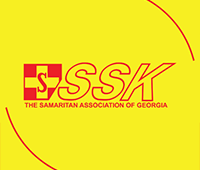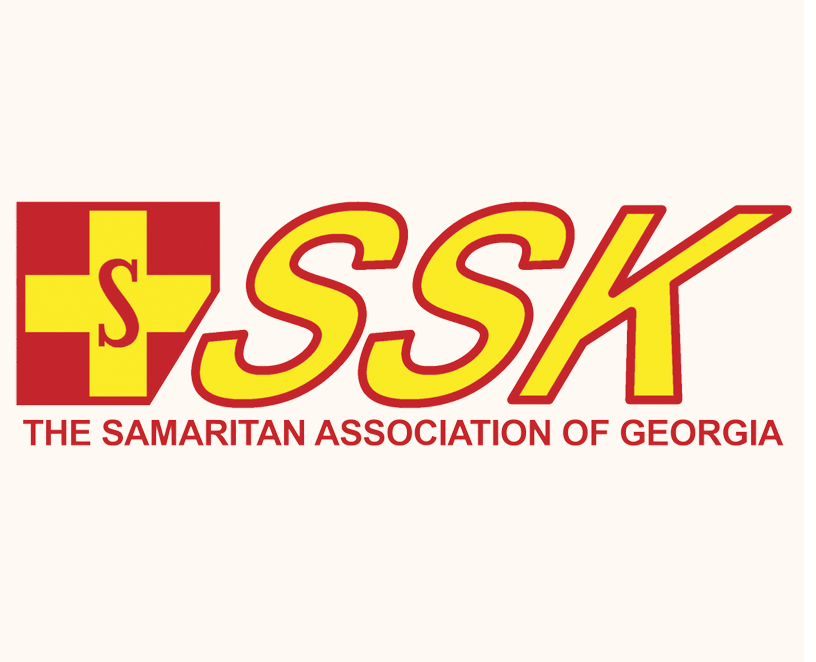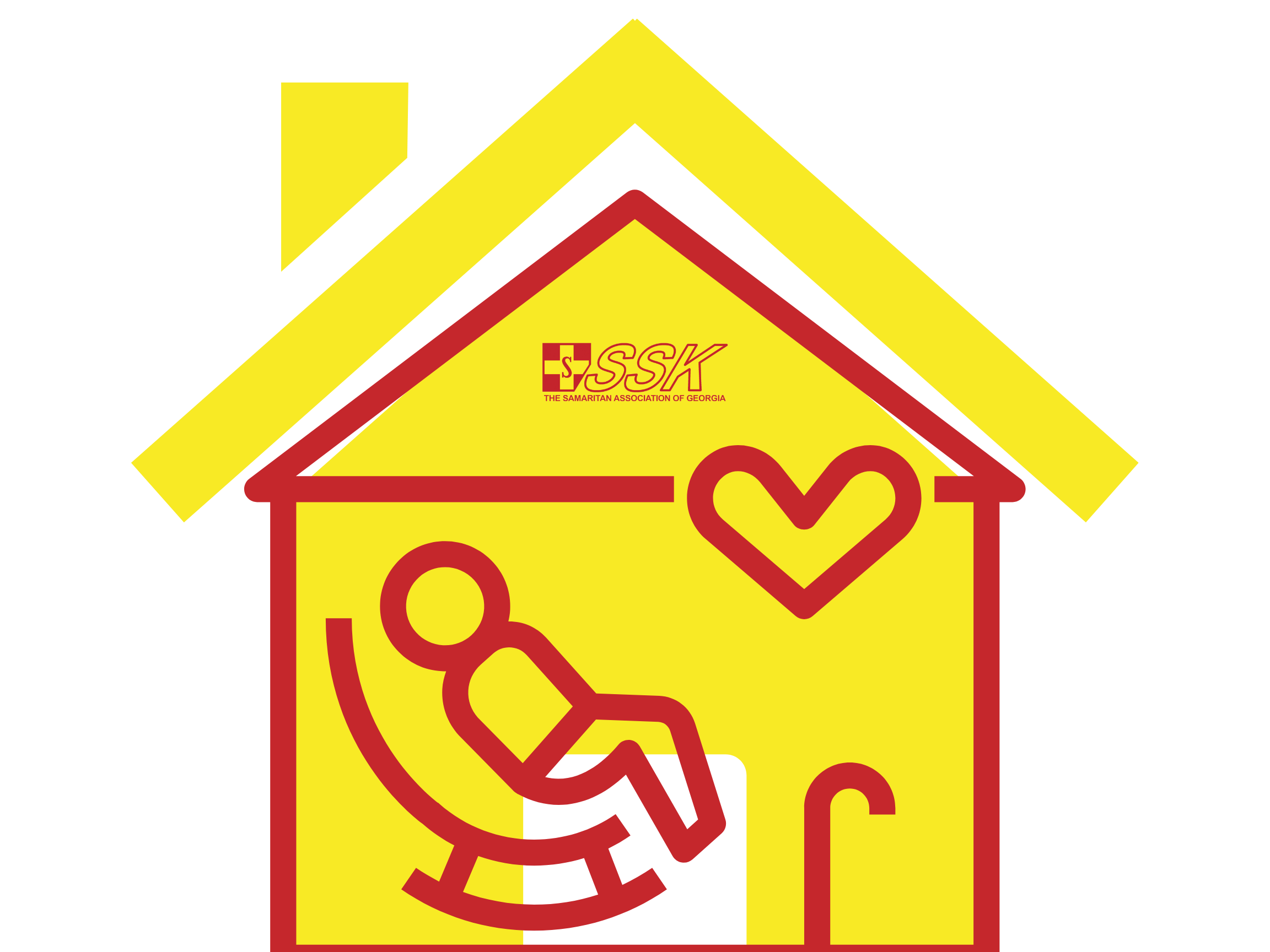Practical Tools for Responding to Crisis and Trauma Offered by the Samaritan Association of Georgia
All proceeds from our trainings directly support our social services.
By participating, you’re not only gaining valuable knowledge—you’re also helping us provide essential care, support, and resources to vulnerable individuals and families in need.
About Training:
Emergencies, disasters, and personal crises can strike unexpectedly. Whether caused by accidents, displacement, violence, or emotional shock, individuals in crisis need immediate psychological support to feel safe, heard, and stabilized.
This Psychological First Aid (PFA) training is designed to prepare professionals, volunteers, educators, and community members to provide compassionate, evidence-based support to individuals experiencing emotional distress or traumatic events.
________________________________________
What the Training Covers
1. Introduction to Psychological First Aid (PFA)
o Learn the principles of PFA: Safety, Calm, Self-efficacy, Connection, and Hope
o Understand the goals of early psychological intervention
2. Understanding Crisis and Trauma
o Explore common causes and impacts of emotional and psychological distress
o Identify typical responses such as shock, confusion, anxiety, and fear
3. Providing Psychological First Aid: Step-by-Step Guide
o Learn how to approach someone in distress and offer practical, respectful support
o Follow the PFA model: Contact → Safety → Stabilization → Needs Assessment → Support → Coping → Referrals
4. Communication in Crisis Situations
o Develop active listening and empathetic communication skills
o Learn how to de-escalate emotional reactions and provide a sense of calm
5. Self-Care for Responders
o Recognize signs of burnout and secondary trauma
o Build personal resilience and emotional boundaries to avoid compassion fatigue
6. Stress and Psychological Trauma
o Understand stress, acute stress, and trauma responses
o Learn techniques to support recovery and emotional regulation
7. Organizational Support & Resources
o Explore the role of institutions in creating safe response frameworks
o Learn to access and map available support services
8. Monitoring and Continuous Improvement
o Evaluate the effectiveness of your response
o Integrate survivor and responder feedback to improve future interventions
________________________________________
Training Format & Approach
• Interactive and practical learning
• Role-playing and real-life simulations
• Stress management and emotional regulation tools
• Tailored content for your team or context
________________________________________
Certification
Participants who complete the training will receive an internationally recognized certificate in Psychological First Aid. The course includes an assessment and guided reflection to reinforce key skills.
________________________________________
Training Options
• 1-day or 2-day formats (flexible scheduling)
• Available Languages:
o Georgian
o Russian
________________________________________
Who Should Attend?
This training is ideal for:
• Social service providers
• Healthcare and emergency personnel
• Teachers and school staff
• NGO and humanitarian workers
• Community volunteers and crisis responders
• Anyone who wants to support others during difficult times
________________________________________
Be Ready to Help When It Matters Most
The first few minutes after a crisis are critical. With the right skills, you can help someone feel safe, supported, and connected—and set them on the path to recovery.
Contact us today to register or organize a session for your team.
Learn More
| Lecture 1.1 | Course Snapshot | ||
| Lecture 1.2 | Module Anatomy (1-Day Version) | ||
| Lecture 1.3 | Module Anatomy (2-Day Version) |
Welcome to SSK.ge. We are glad to have you around.
- 23 Queen Ketevan Ave, Tbilisi
- Phone: +995 599 506 229
- Email: info@sskgeo.org





